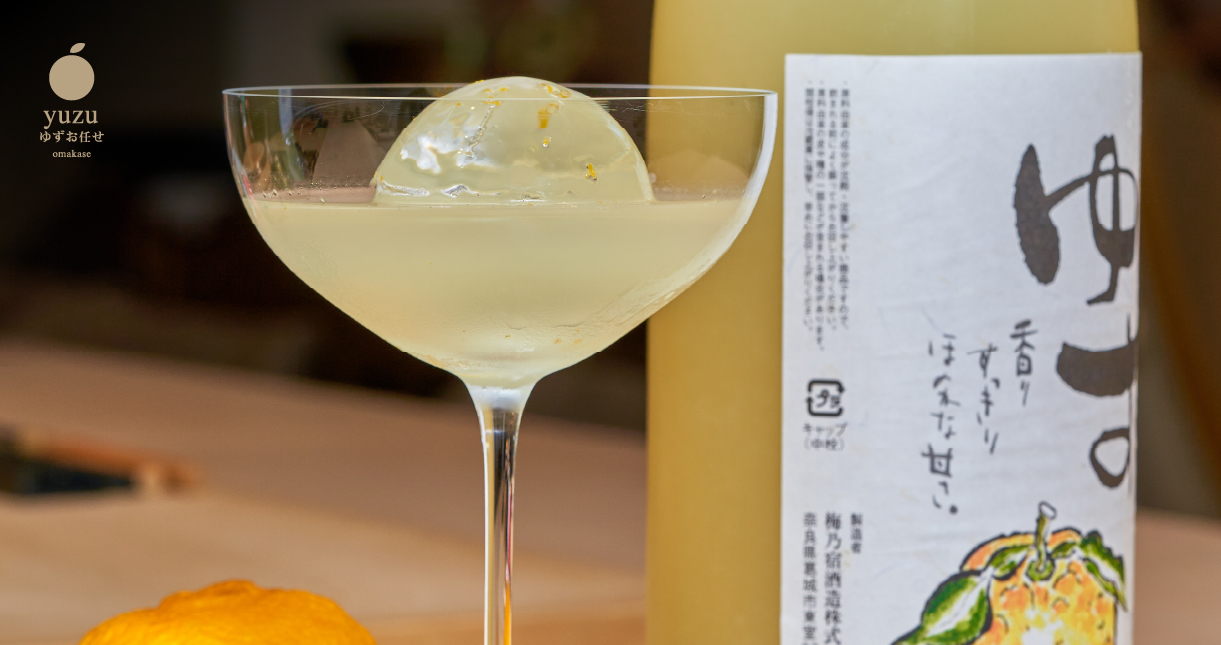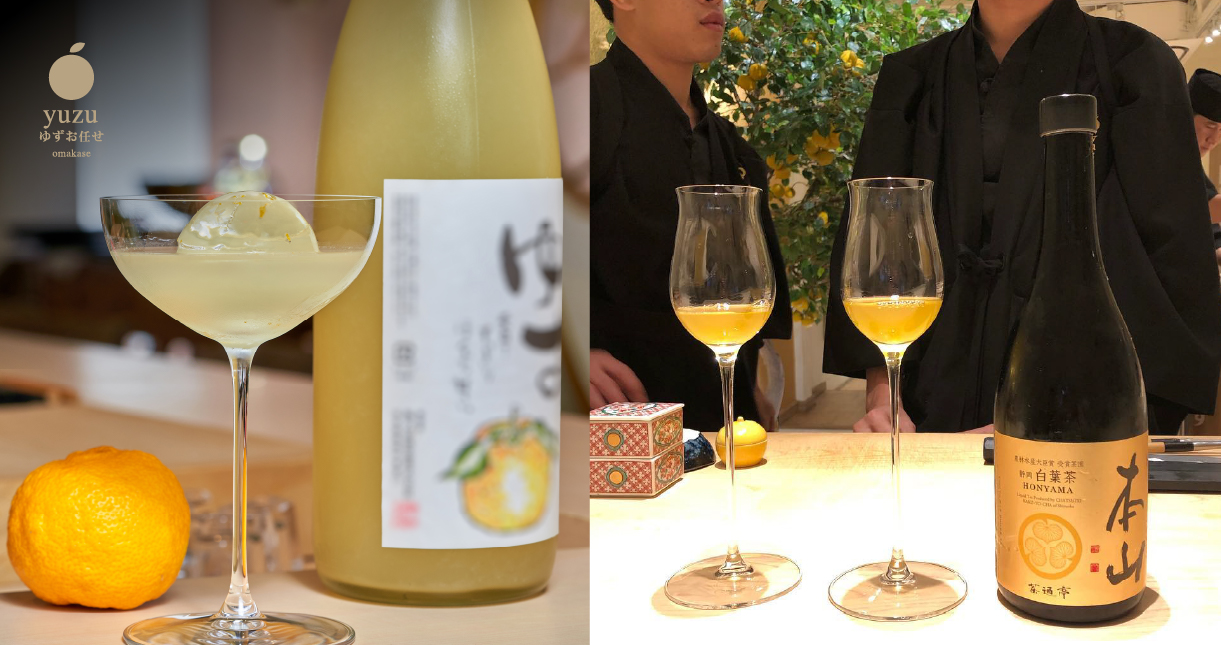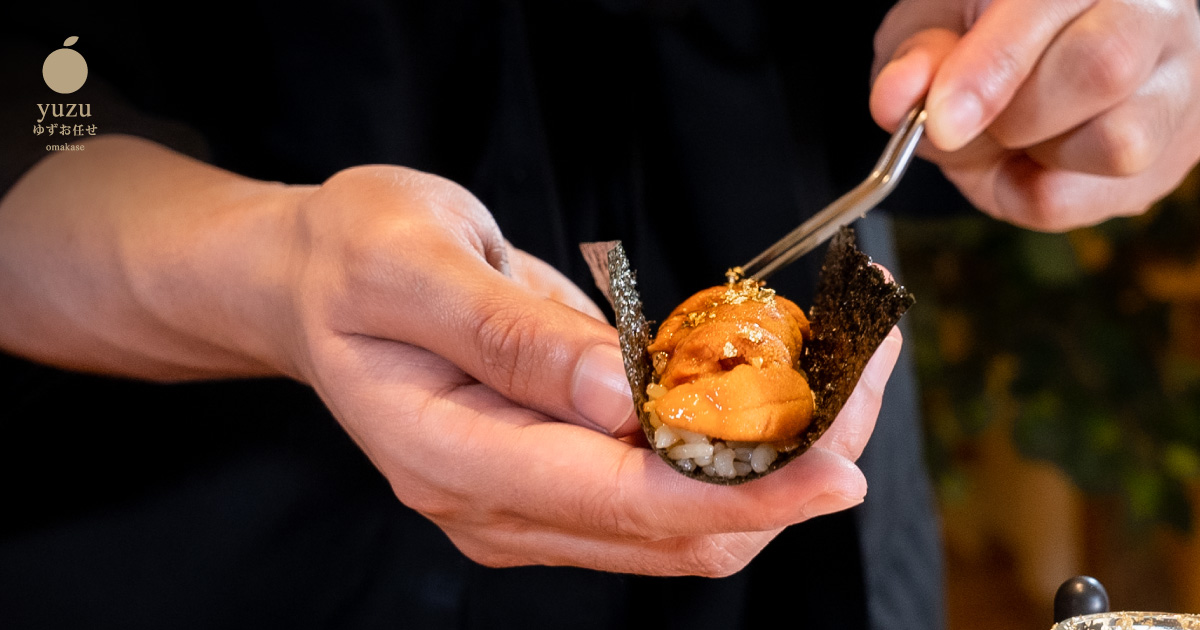
Sake Pairing and Its Health Benefits: The Science Behind This Age-Old Tradition
The Timeless Tradition of Sake Pairing In Japanese culture, sake is more than just a beverage; it is an integral part of culinary tradition, often enjoyed alongside carefully prepared dishes to elevate the dining experience. The practice of sake pairing—where different types of sake are paired with specific foods—has been perfected over centuries, creating harmonious flavor combinations that enhance both the food and the drink.
Well-Being ● 2024 Oct 29
Sake Pairing and Its Health Benefits: The Science Behind This Age-Old Tradition
But beyond the pleasurable taste and refined experience, recent studies have shown that sake may also offer health benefits when consumed in moderation. At Yuzu Omakase, we believe in a balanced lifestyle that combines delicious food with thoughtful beverage pairings that contribute to your overall well-being. In this article, we’ll explore the health benefits of sake and how pairing it with food can complement a healthy lifestyle.
1. What Is Sake and How Is It Made?

Before diving into the health benefits, it’s essential to understand what sake is and how it’s made. Sake is a traditional Japanese alcoholic beverage made from fermented rice. Its production process is unique, involving the fermentation of rice using koji mold (Aspergillus oryzae), yeast, and water. The result is a drink that can vary in flavor, ranging from sweet and fruity to dry and crisp.
The Types of Sake
There are many different types of sake, each with its own distinct flavor profile. The main categories include:
Junmai
Pure sake made from rice, water, yeast, and koji. It tends to be rich and full-bodied.
Daiginjo
A premium sake with a delicate, fruity, and floral flavor, often served cold.
Nigori
Cloudy sake that is coarsely filtered, offering a sweeter, creamier texture.
At Yuzu Omakase, we offer a variety of sake styles that complement the dishes on our menu, enhancing both the flavors of the food and the dining experience.
Sake Variety Highlight
The wide variety of sake types—from crisp and dry to sweet and fruity—makes it an incredibly versatile pairing option for different foods, especially sushi and sashimi.
2. The Health Benefits of Sake: A Nutritional Perspective

While alcohol is often associated with negative health effects when consumed in excess, moderate consumption of sake has been shown to offer several health benefits. Made from fermented rice, sake is rich in amino acids, peptides, and antioxidants, which can support various aspects of health when enjoyed responsibly.
Rich in Amino Acids and Peptides
Sake contains a significant amount of amino acids, which are essential for muscle repair, immune function, and overall well-being. During the fermentation process, the rice proteins break down into smaller peptides and amino acids, making them easily absorbed by the body. These compounds can support various bodily functions, from muscle recovery after exercise to maintaining healthy skin.
Antioxidant Properties
Sake also contains ferulic acid, a potent antioxidant that helps combat oxidative stress in the body. Antioxidants play a critical role in protecting cells from damage caused by free radicals, which are associated with aging and chronic diseases. In this way, moderate sake consumption can contribute to overall cellular health and longevity.
Health Highlight
Sake is rich in amino acids and antioxidants, which can support muscle repair, immune function, and cellular health.
3. Sake Pairing: A Harmonious Way to Enjoy Food and Drink

In Japanese dining culture, pairing sake with food is about creating harmony between the flavors of the drink and the meal. This ancient tradition of sake pairing doesn’t just enhance the taste of the food—it can also promote a balanced, mindful approach to eating and drinking.
Enhancing Digestive Health
One of the benefits of sake, when paired with food, is its ability to support digestion. Sake contains compounds that stimulate the secretion of digestive enzymes, helping the body break down proteins, fats, and carbohydrates more efficiently. This is particularly beneficial when enjoying rich dishes like sushi, wagyu, or tempura, as sake can assist the digestive system in processing these foods without causing discomfort.
Additionally, the alcohol content in sake can stimulate the production of gastric juices, which aid in the digestion of proteins found in fish, meat, and vegetables. This makes sake a perfect companion for meals that include complex flavors and textures, like an omakase experience.
Digestive Health Highlight
Sake stimulates the production of digestive enzymes, helping to break down rich foods more efficiently and promoting a balanced meal.
Mindful Consumption
Pairing sake with food also encourages mindful drinking. Rather than consuming large amounts of alcohol quickly, sake pairing is about savoring small sips alongside each course of the meal. This slower pace allows you to enjoy the nuances of both the food and the drink, making it easier to practice moderation. This approach aligns with the Japanese philosophy of balanced living, where the focus is on quality over quantity.
Mindful Drinking Highlight
Sake pairing promotes a mindful approach to alcohol consumption, encouraging moderation and the enjoyment of food and drink as part of a balanced lifestyle.
4. The Science Behind Sake's Potential Cardiovascular Benefits
Research suggests that moderate sake consumption may have cardiovascular benefits, much like the well-documented effects of red wine. The fermentation process involved in making sake produces ethanol and other bioactive compounds, which may help improve circulation, lower blood pressure, and reduce the risk of heart disease when enjoyed in moderation.
Supporting Heart Health
Studies have shown that ethanol, in moderate amounts, can raise good cholesterol (HDL) levels, which helps remove bad cholesterol (LDL) from the bloodstream. Additionally, sake contains compounds that may reduce blood clot formation, contributing to improved circulation and heart health.
It’s important to note that these benefits are only applicable when sake is consumed in moderate amounts, as excessive alcohol consumption can have the opposite effect on cardiovascular health.
Cardiovascular Highlight
Moderate sake consumption can support heart health by raising good cholesterol levels and improving circulation.
5. Pairing Sake with Healthy Foods: A Balanced Approach at Yuzu Omakase
At Yuzu Omakase, we believe in a balanced approach to dining. Our expertly crafted omakase menu focuses on fresh, seasonal ingredients like sashimi, nigiri, and vegetable-based dishes, which are naturally rich in nutrients. When paired with sake, these foods not only taste incredible but also contribute to a wholesome, nutritious meal.
Sake and Fresh Sushi
Fresh sushi and sashimi—particularly omega-3-rich fish like salmon, tuna, and mackerel—are perfect companions for sake. These fish offer numerous health benefits, including reducing inflammation, supporting brain health, and promoting heart health. When enjoyed alongside sake, the umami flavors of the fish are enhanced, creating a symbiotic relationship between the food and drink that benefits both your taste buds and your well-being.
Sake with Vegetables and Plant-Based Dishes
Sake also pairs beautifully with lighter, plant-based dishes like seaweed salad, pickled vegetables, and tofu. These foods are rich in fiber, vitamins, and minerals, supporting gut health and providing essential nutrients without overwhelming the palate. The subtle flavors of sake complement these lighter dishes, making it a versatile pairing option for a health-conscious diet.
Balanced Pairing Highlight
Pairing sake with fresh, nutritious dishes like sushi, sashimi, and vegetables creates a well-balanced meal that supports overall health and well-being.
Conclusion: Enjoying the Health Benefits of Sake Pairing in Moderation
While sake is often enjoyed for its rich flavors and cultural significance, it also offers a range of health benefits when consumed in moderation. From supporting digestive health to providing antioxidant and cardiovascular benefits, sake can be a thoughtful and health-conscious addition to your meal. At Yuzu Omakase, we curate sake pairings that not only enhance the flavors of our dishes but also promote a balanced and mindful dining experience.
Ready to experience the benefits of sake pairing? Book your seat online at Yuzu Omakase and enjoy a meal that combines the best of Japanese culinary tradition with a focus on health and well-being.

RELATE







